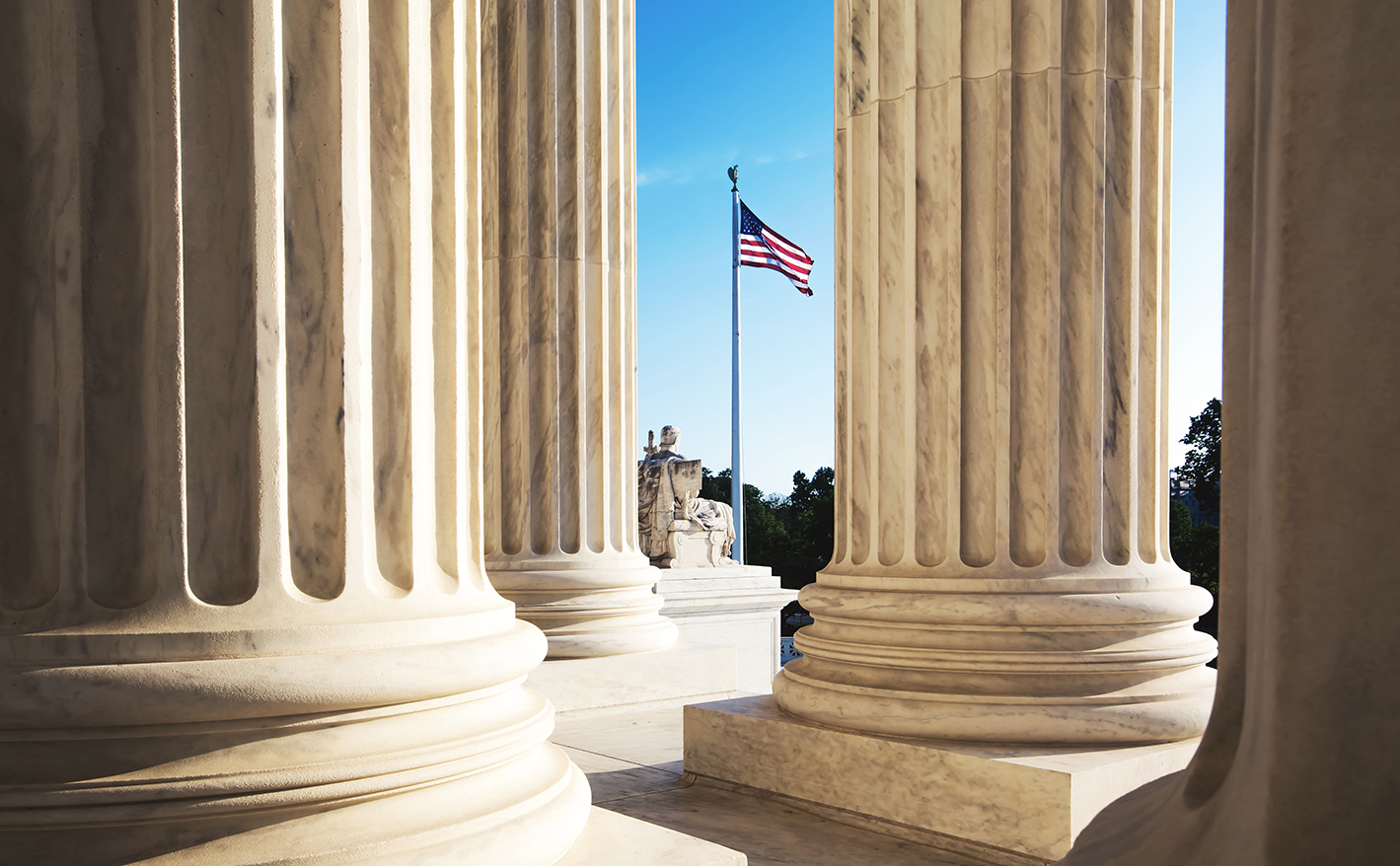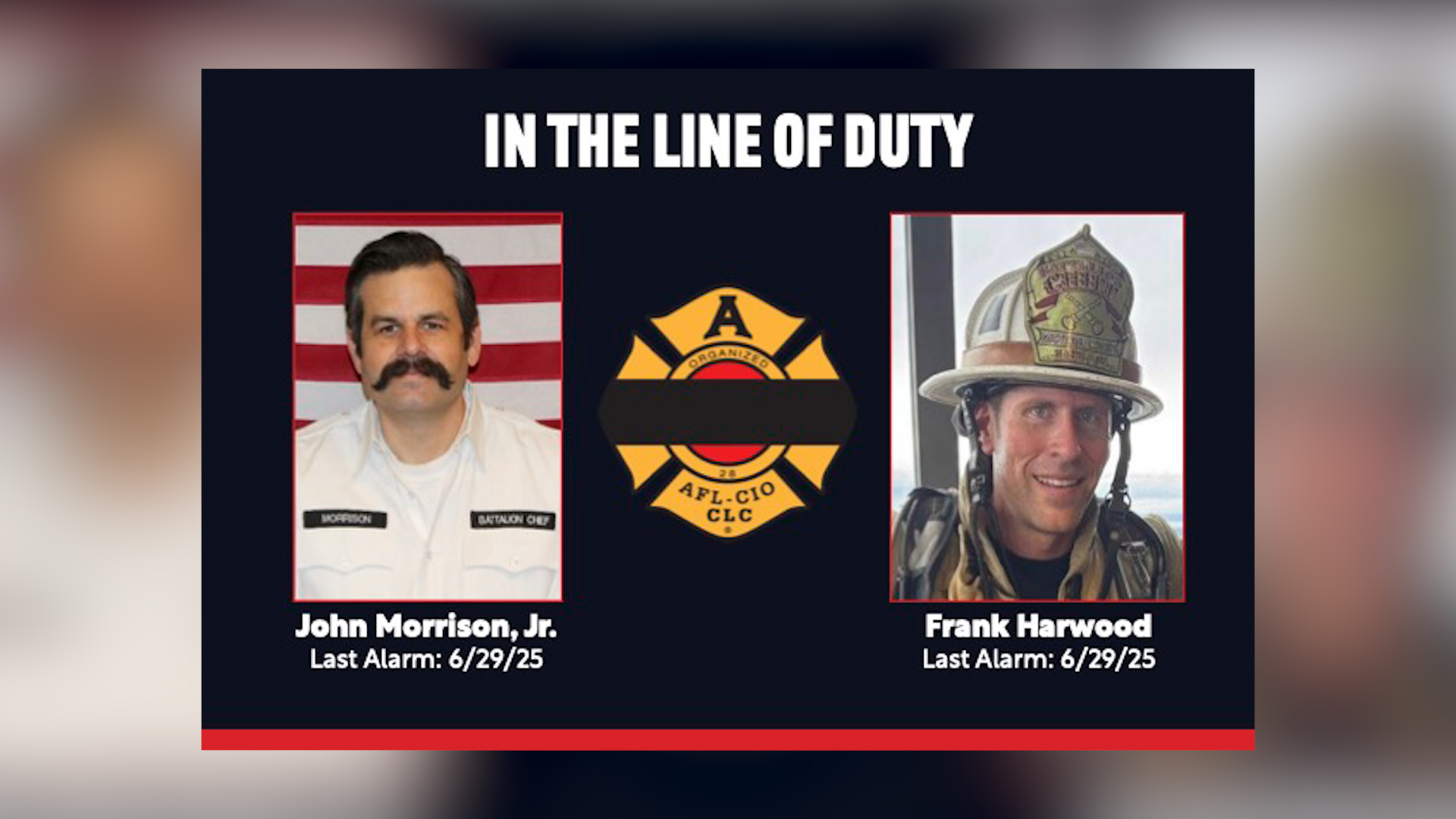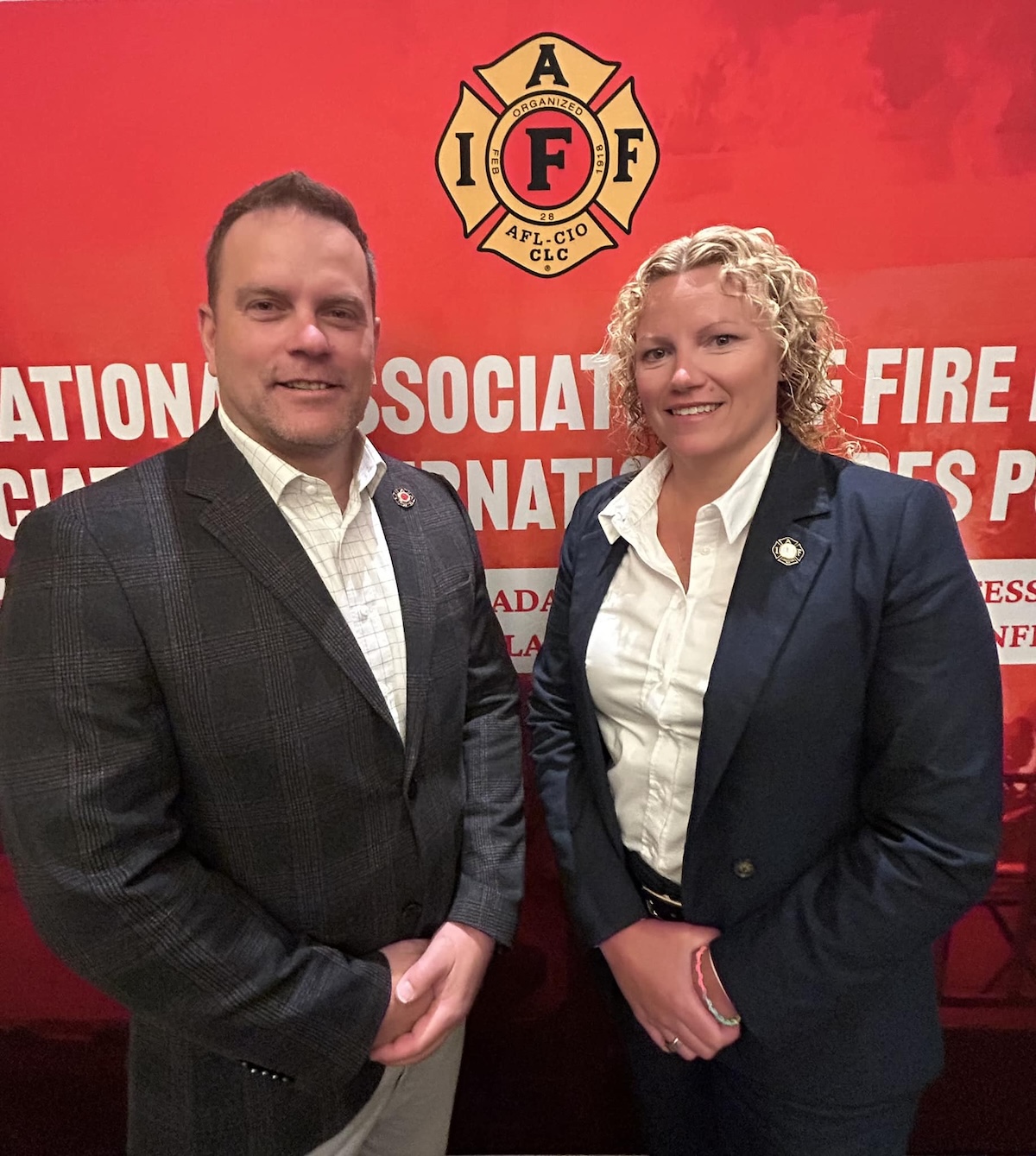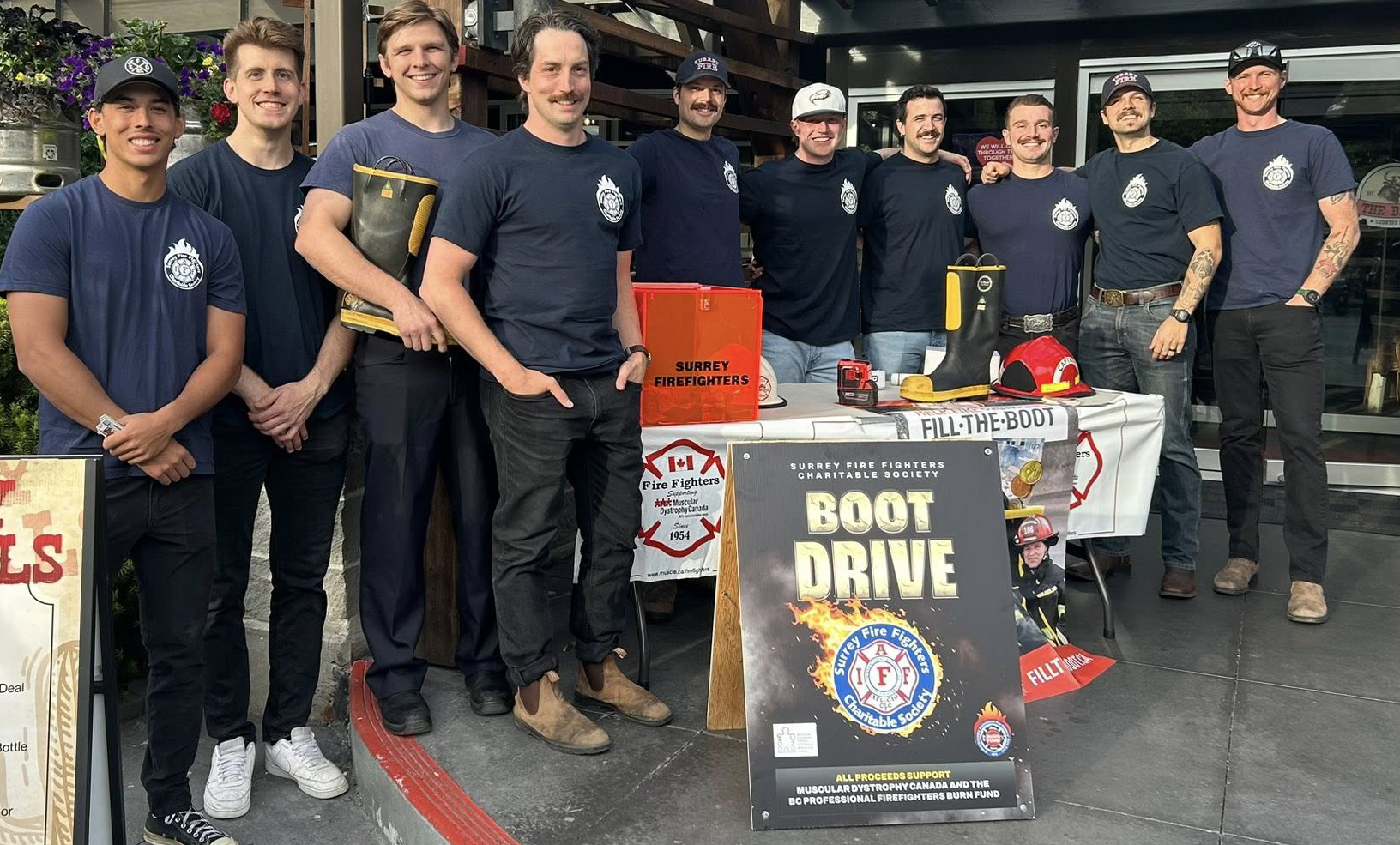 As fire fighters and rescue workers, you know that your voice matters in the community. You are the experts when it comes to public safety, and you have a responsibility to speak up on matters of public concern. But what happens when you speak out and are retaliated against? That’s where the IAFF’s Guardian Policy comes in.
As fire fighters and rescue workers, you know that your voice matters in the community. You are the experts when it comes to public safety, and you have a responsibility to speak up on matters of public concern. But what happens when you speak out and are retaliated against? That’s where the IAFF’s Guardian Policy comes in.
“We live in a country where you’re entitled to speak your mind. But yet, if you want to speak up about safety deficiencies, you could be fired,” General President Edward Kelly said at this year’s U.S. Legislative Conference. “About half of the Guardian cases that the IAFF is fighting are because IAFF leaders stood up, spoke the truth, and were being disciplined or terminated for doing so. That’s what we are fighting for… making sure you have a voice.”
The cases are vast, as are the forms of retaliation, but the IAFF’s history of supporting members’ rights in court has stood the test of time. Enacted by Convention Resolution in 1996, the Guardian Policy has been protecting members’ right to free speech mostly behind the scenes, with little fanfare.
The Guardian Policy makes available direct legal representation from IAFF General Counsel to protect union leaders facing retaliation for engaging in union-related activities or speaking out on matters of public concern, as well as cases that could have a precedent-setting impact on other IAFF affiliates.
As experts in emergency response, IAFF members are uniquely qualified to educate the public and elected officials on the importance of emergency preparedness. Moreover, they have a constitutionally protected right under the First Amendment to publicly voice job-related safety concerns.
Despite the First Amendment right to freedom of expression, many municipalities have implemented policies restricting public safety personnel from expressing their opinions on job-related issues, even off-duty using personal social media accounts, leading to severe penalties in some instances.
IAFF members have faced consequences for advocating their positions on ballot referendums, raising awareness of staffing shortages with elected officials, calling for improved safety equipment, and writing letters to the editor about fire department needs. In many cases, first responders challenge these penalties in court; however, they are often denied justice due to confusing laws regarding when public employees can comment and what disclosures are protected by the First Amendment and whistleblower rules.
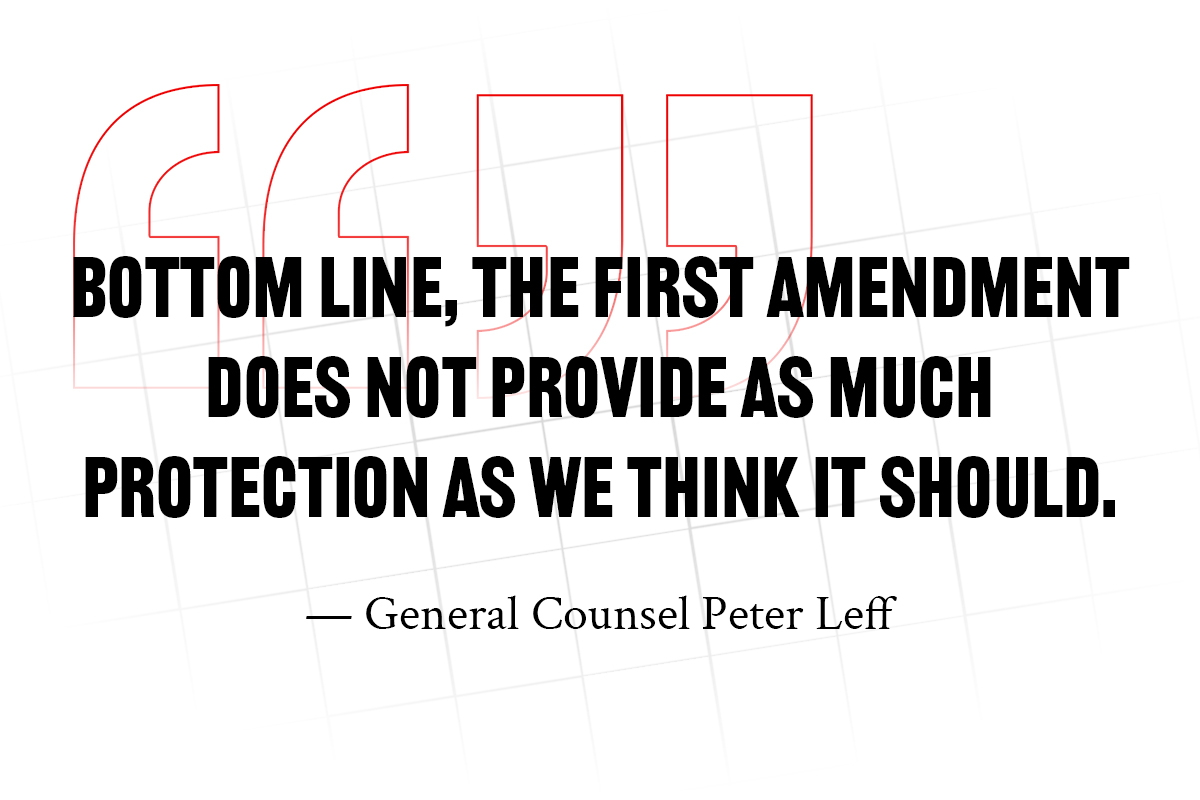
“Bottom line,” he continued, “the First Amendment does not provide as much protection as we think it should.”
Leff estimates that approximately half of the cases handled via the IAFF Guardian Policy involve violations of First Amendment rights or protected union activity, with speech-related issues comprising a significant portion of the caseload.
The policy has defended members in a range of cases, including:
-
- A Local in East Chicago, Indiana that saw its shift schedule change after announcing its mayoral endorsement. The case is currently pending.
- A local president in Jackson, Mississippi, who was suspended for speaking to the press about the city’s inadequate COVID response. IAFF counsel reached a $62,500 settlement, including $1,800 in backpay for the five-shift suspension, $17,200 in compensatory damages, and $43,500 in attorneys’ fees and expenses. The city also agreed to rescind the five-day suspension and to redraft the department’s unconstitutional media policy.
- A local president in Arizona who was able to prove – with IAFF Guardian Policy assistance – that his failure to be promoted was tied to his union activity. The president was awarded backpay and lawyer fees.
- Members in Florida who were disciplined for posting on social media about staffing and resource shortages that led to a delayed response to a fatal structure fire. A settlement was reached, awarding the members backpay.
- A local president in Texas who was fired for participating in a photo shoot for the local’s PAC. After years of litigation, the IAFF helped secure $211,963 in lost wages and $113,107 in attorneys’ fees.
The Public Safety Free Speech Act – which would ensure first responders cannot be penalized for exercising their right to free speech about job-related concerns like staffing levels, inadequate safety equipment, wages, working conditions, or unreasonable administrative rules – is an IAFF legislative priority pending its introduction in Congress.
“The Public Safety Free Speech Act would provide much-needed clarity on the rights of IAFF members both on and off duty,” said Leff. “In the meantime, the IAFF remains steadfast in defending our members when their legal rights have been infringed upon.”
